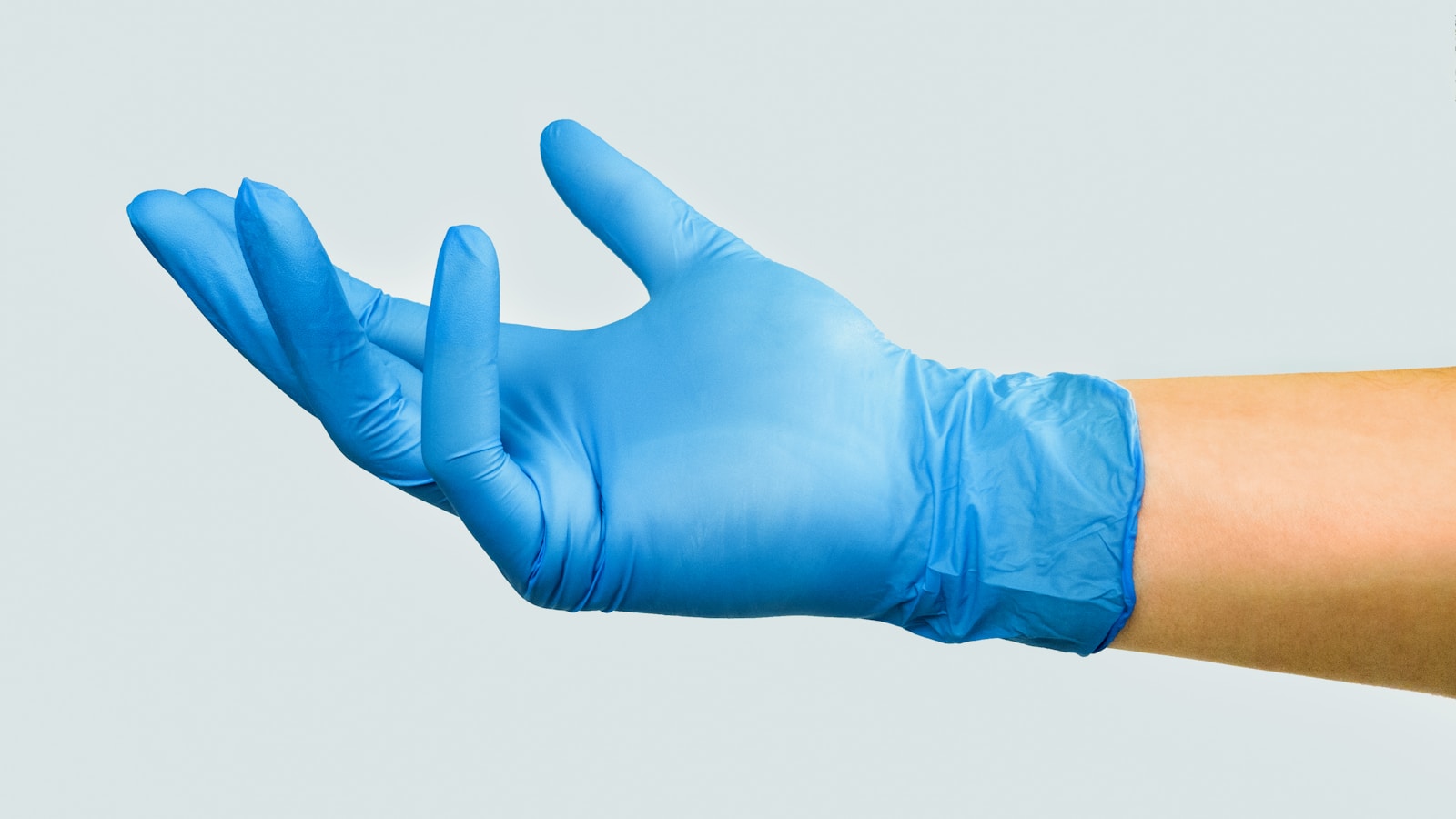Improving male fertility - the facts! We often get asked by patients about improving male fertility or how can they reduce the chances of infertility?
Well the answer is that there's lots you can do to help improve male fertility.
Follow our straight forward advice:
1 . Watch your weight - Research has highlighted that an increase in your BMI has linked with a decrease in sperm count and a decrease in sperm motility.
2. Eat healthily - Eat lots of fruit and vegetables. These are high in antioxidants, which may help to improve your fertility.
3. Check for sexually transmitted infections (STIs) - STI’s (Sexually Transmitted Infections ). E.G. gonorrhoea and chlamydia have been directly linked to and are a cause of infertility in men. Practice “safe sex” by using a condom and limit the number of sexual partners you have. Ideally you should remain in a monogamous relationship. Both you and your partner should be checked for STI’s.
4. Keep your stress levels down - increased stress may mess with your hormone levels and can have a negative impact on sexual function. Both are required to produce healthy sperm.
5. Get physical - increasing your level of physical activity may help to improve levels of antioxidant enzymes. These help to protect your sperm and therefore increases male fertility.
6. Complimentary therapies - reflexology, acupuncture, to name but two complementary therapies may benefit you and increase the chances of conventional male fertility treatment working. Acupuncture for example may help to increase the overall quality of sperm. Visit our colleagues at the natural fertility clinic for more information and advice.

What should you avoid when improving male fertility?
Sperm is particularly sensitive to environmental factors, e.g. heat and toxic substances. Help protect your sperm:
- Stop smoking - Smoking cigarettes can drastically reduce your sperm count, decrease sperm motility and cause sperm to develop out of shape. See your GP or pharmacist for help and advice on quitting.
- Reduce your alcohol intake - Drinking to excess may reduce your level of testosterone (a hormone needed for sperm production). Alcohol has also been linked to impotence, decreased production of sperm and infertility in men. Drink in moderation, or ideally, not at all.
- Lubricants are a no go - Please consider carefully whether you need to use lubricants during sexual intercourse. Some research has indicated a link between the use of lubricants and reduced fertility. If you decide you need lubricants, then try using natural alternatives like canola oil, egg white and baby oil. There are also “fertility friendly” lubricants available, such as Pre-Seed.
- Medications - Some prescription medications may have a negative impact on your fertility. Tricyclic antidepressants, calcium channel blockers, anti-androgens, as well as certain other medications may decrease your fertility. Anabolic steroids in particular are bad for your fertility. Please talk to your GP if in any doubt.
- Cancer treatments - Radio therapy and Chemotherapy may impact your sperm production and may cause permanent infertility. Please seek professional advice regarding the impact of any cancer treatment on your fertility. You may also wish to consider storing sperm for later use, prior to any cancer treatment.
- Toxins - Avoid exposure to toxins like pesticides. They may negatively affect sperm production and sperm quality. If your work brings you into contact with toxins of any sort, please wear appropriate PPE. If exposed to any toxin, please seek medical advise immediately.
- Temperature control - Your scrotum hangs down for a reason! Sperm production is at its highest when your testicles are at a slightly lower temperature than your core body temperature. Try wearing boxer shorts in preference to tight underpants. Avoid hot tubs, hot baths and saunas Even a warm laptop on your lap for extended periods may have a detrimental effect.
If you have any questions or wish to speak to one of the team at Fertility Solutions please do get in touch.





